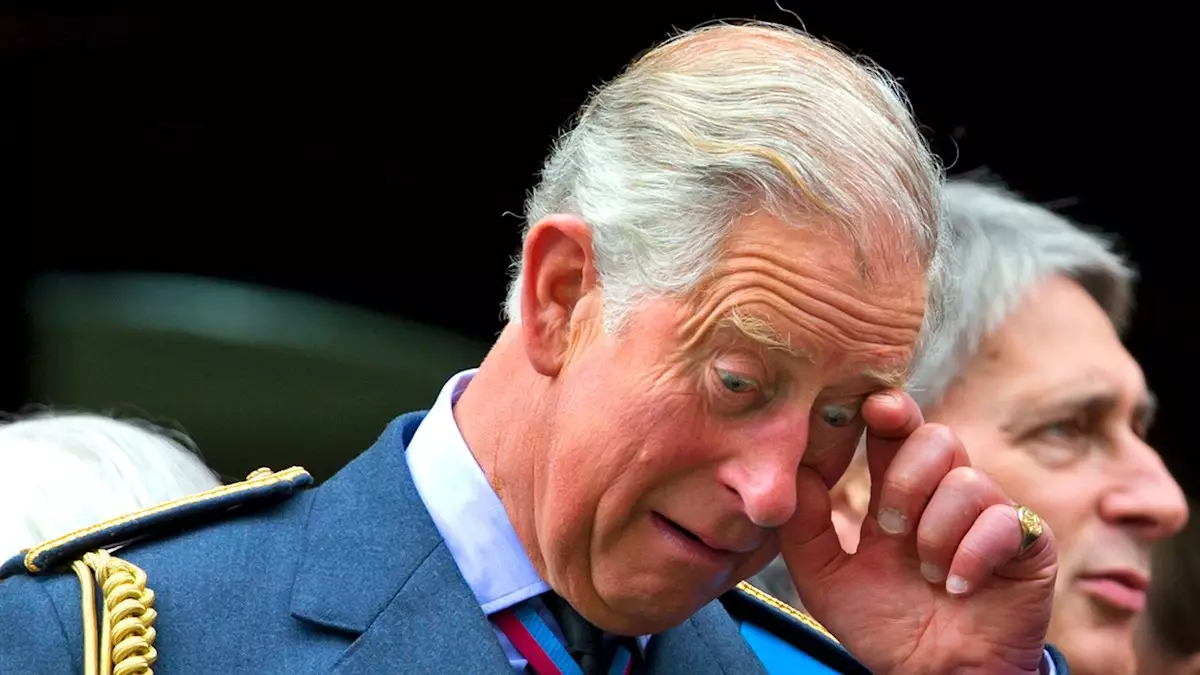The realm of royal health has always been a topic of intrigue and speculation, particularly in light of recent health concerns surrounding King Charles. Last year, Buckingham Palace announced that they would withhold the specifics of the King’s medical treatment, including the names of the doctors involved. However, a twist unfolded during this year’s New Year Honours when King Charles unintentionally revealed key members of his medical team by honoring them publicly. The significance of this gesture extends beyond mere recognition; it highlights the intimate bond between the monarch and his healthcare providers, as well as the evolving transparency surrounding royal health issues.
Acknowledging Healthcare Heroes
In an unexpected yet commendable move, King Charles conferred honors on two physicians who have been pivotal in his care: Dr. Douglas Glass and Professor Richard Leach. This recognition, bestowed under the Royal Victorian Order (RVO), is significant as it acknowledges the personal commitments made by these medical professionals to aid the royal family. Dr. Glass, noted for his longstanding service, was not only the King’s current GP but also attended to Queen Elizabeth II at Balmoral during her final moments. Professor Leach’s experience, particularly at the high-profile King Edward VII’s Hospital, which has a longstanding association with the royal family, reinforces the trusted nature of royal medical practices.
The royal family’s history of honoring medical professionals is not a new phenomenon. King Charles’ mother, Queen Elizabeth II, knighted Sir Huw Thomas, the Head of the Medical Household, in 2021, setting a precedent for recognizing the hard work of those who serve the royal family in health matters. Such public acknowledgments not only serve to elevate the status of these medical professionals but also bring to light the significant role they play in the royal narrative.
Amidst the joyous celebration of healthcare professionals, controversy lurks around the appointment of Dr. Michael Dixon as the head of the Royal Medical Household. Dr. Dixon’s background as a proponent of complementary and alternative medicine raised concerns within the medical community. However, it is crucial to note that Buckingham Palace clarified that he does not endorse homeopathy as a treatment for serious illnesses, like cancer. His approach advocates for complementary therapies only when they are safe and based on scientific evidence, thus aligning with the King’s historical stance on patient choice and integrated healthcare. This juxtaposition between traditional and alternative practices reflects a broader discourse within modern medicine while also indicating the King’s progressive views.
As the royal family navigates through these challenges, their approach to healthcare appears to be evolving. The transparency surrounding King Charles’ medical treatment and the public acknowledgement of healthcare providers are steps toward a more open dialogue about health within the monarchy. As public interest grows, so does the expectation for accountability and clarity regarding the health narratives of prominent figures. Only time will tell how these changes will influence the royal family’s medical practices and the perceptions surrounding them.

